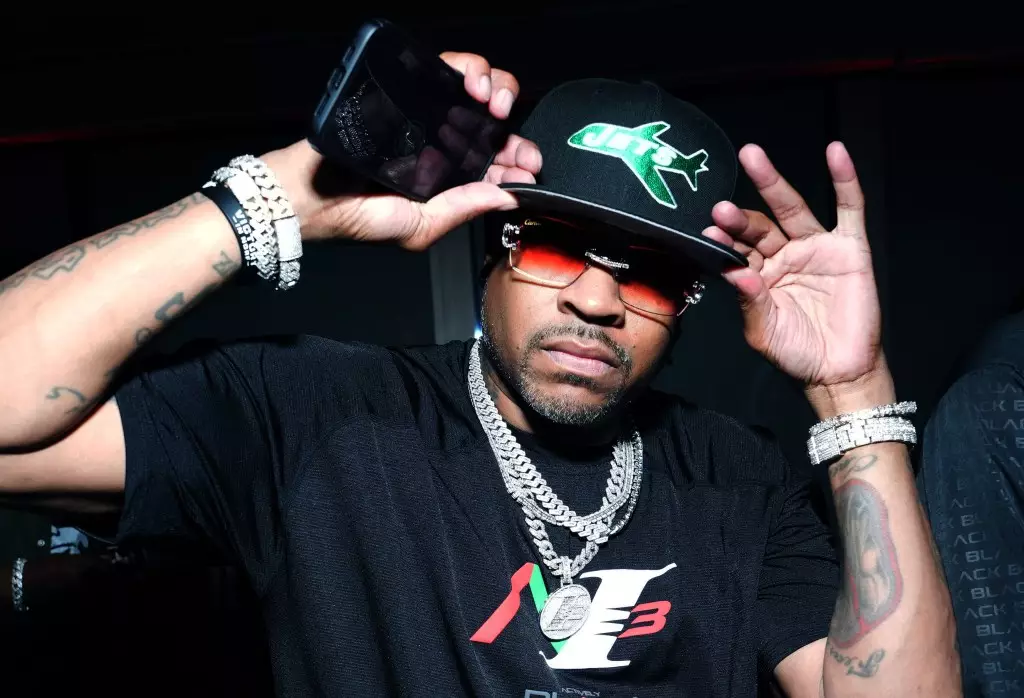Allen Iverson’s upcoming three-part docuseries promises to delve into the life of a man who refused to conform, embodying a relentless spirit that transcended basketball. Yet, beyond the surface celebration lies a broader conversation about authenticity, cultural influence, and the pervasive resistance to oppressive norms. Iverson’s story is not merely about athletic greatness; it’s about how an individual’s unapologetic voice can ignite upheaval within a deeply ingrained system that often silences dissent and homogenizes identity. His rise from Hampton, Virginia, is emblematic of breaking barriers—both racial and cultural—that for too long confined black athletes to stereotyped narratives.
By claiming his space with fierce independence, Iverson challenged the sanitized, corporate image that the NBA frequently promoted. His style of dress, attitude, and openness dared to question standards of professionalism rooted in conformity rather than originality. This act of rebellion, often misinterpreted or criticized, was in fact a watershed moment—a refusal to accept cultural assimilation as the price of success. Iverson’s authenticity was a disruptive force that made many uncomfortable but ultimately paved the way for future generations to speak freely and express themselves without fear of backlash.
Revisiting the Man Behind the Myth: A Reflection on Loss and Resilience
The documentary aims to shed light on Iverson’s personal journey, not just his achievements. It offers a rare opportunity for the audience to see beyond the glitz and bravado, embracing a man who, like many trailblazers, faced immense sacrifice and criticism. In a society hesitant to tolerate uncomfortable truths, Iverson’s unapologetic stance underscores the importance of resilience in confronting systemic pressures. His narrative highlights that true influence often comes from standing firm in one’s identity, regardless of societal expectations or commercial interests.
The inclusion of family, friends, and fellow athletes lends a layered perspective—showing that Iverson’s authenticity did not emerge in a vacuum but was a conscious act of resistance. Today, as Iverson reflectively examines his legacy, there’s a clear understanding that his cultural impact extends beyond the court. It questions whether traditional societal structures are prepared to handle figures who refuse to mute their individuality. His story is a reminder that progress often entails pain and sacrifice, yet it is these very struggles that forge true change.
A Defiant Voice in a Conformist World
The partnership behind this project, including Shaquille O’Neal, Stephen Curry, and Erick Peyton, underscores a broader acknowledgment: the importance of giving space to voices that challenge the norm. Iverson’s defiance was a catalyst for cultural shift—one that continues to reverberate within and outside basketball. As society grapples with issues of racial justice, identity, and systemic inequality, Iverson’s story exemplifies how embracing one’s truth is both a political act and a path toward societal progress.
This series doesn’t just celebrate Iverson’s past; it invites a critical examination of how culture often resists change. It is a potent reminder that breakthroughs rarely come from compliance but from those brave enough to stand apart, confront uncomfortable truths, and redefine what it means to be authentic. Iverson’s legacy, therefore, is not just technical brilliance or street cred—it is a testament to the power of unapologetic individuality in a conformist world.

